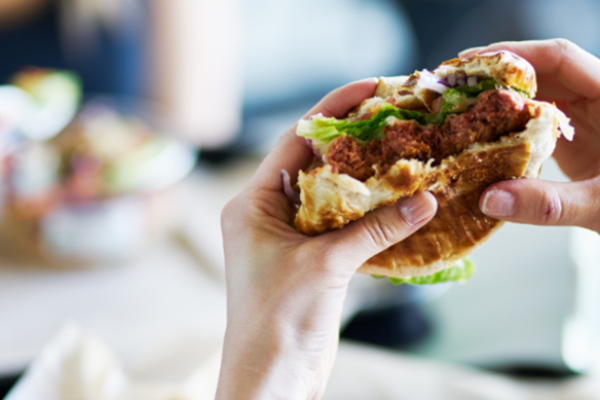The Importance of Food Spoilage Coverage for Restaurants: Protecting Your Ingredients and Profits

Running a restaurant involves juggling multiple responsibilities – from managing staff to creating delectable dishes. Amidst the hustle and bustle, one crucial aspect often gets overlooked: food spoilage. Imagine the dismay of a chef discovering that a refrigerator malfunction has ruined a week’s worth of fresh produce or expensive cuts of meat. That’s where food spoilage coverage steps in.
What Is Food Spoilage Coverage?
Food spoilage coverage is a type of insurance that specifically addresses the potential financial loss incurred due to spoiled or contaminated food items. It’s designed to protect restaurants, cafes, and other food establishments from unexpected events that can lead to food wastage.
Why Is It Essential?
Preserving Inventory: Restaurants rely heavily on fresh ingredients. Whether it’s seafood, dairy, or vegetables, spoilage can occur due to power outages, equipment breakdowns, or temperature fluctuations. Food spoilage coverage ensures that any loss to inventory, caused by a covered peril, are compensated which results in being able to promptly restock.
Cost Savings: Replacing spoiled ingredients can be expensive. Food spoilage coverage helps mitigate these costs, allowing you to allocate your budget more efficiently. It covers not only raw ingredients but also prepped items like sauces and dressings.
Business Continuity: A sudden loss of inventory can disrupt your operations. With food spoilage coverage, you can minimize downtime and maintain your restaurant’s reputation. Customers expect consistency, and timely recovery ensures you can continue serving delicious meals.
Liability Protection: Spoiled food can lead to health risks if unknowingly served to customers. Food spoilage coverage can help cover legal expenses if a customer files a claim due to foodborne illnesses.
Tips for Restaurant Owners:
Assess Your Risk: Evaluate the likelihood of food spoilage incidents based on your location, climate, and equipment. High-risk areas (such as those prone to power outages) may require more comprehensive coverage.
Regular Maintenance: Properly maintain refrigerators, freezers, and other storage units. Regular inspections can prevent breakdowns and reduce the chances of spoilage.
Document Everything: Keep detailed records of inventory, including purchase dates and quantities. This documentation is essential when filing a claim.
Food spoilage coverage isn’t just an add-on; it’s a lifeline for restaurants. By safeguarding your ingredients and profits, you can focus on what matters most: creating memorable dining experiences for your patrons. So, next time you review your insurance policy, make sure food spoilage coverage is on the menu!
Remember, prevention is key, but having the right coverage ensures that your restaurant can weather any culinary storm.
